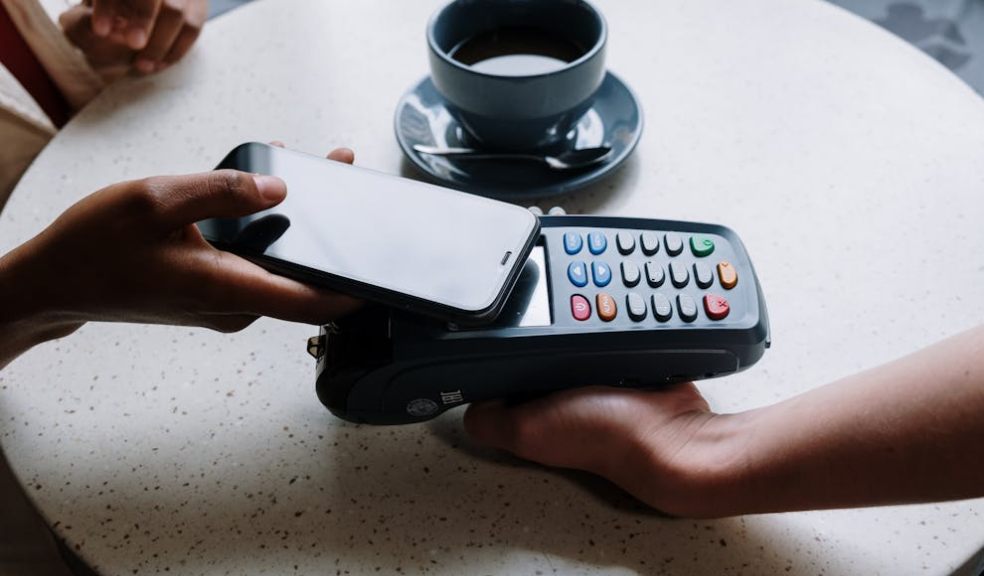
Why Fast Payments Matter for Exeter’s Digital Consumers
In Exeter, digital life is woven into everyday routines. From grabbing a flat white with a contactless tap to booking last-minute tickets for a gig, speed and convenience are now expected. The city’s growing community of digital consumers values seamless payments not as a luxury but as a standard part of modern living.
Fast Payments and Digital Entertainment
One area where speed has become especially important is digital entertainment. Whether it’s streaming, gaming, or shopping online, users expect transactions to be completed in seconds. This expectation also extends to online gaming communities. An increasing number of players are exploring UK casino sites not on GamStop, as these platforms often provide quicker withdrawals, a broader choice of payment methods, and more flexible bonuses compared to regulated alternatives. The draw is clear: no one wants to wait days to access winnings when other services across Exeter, from food delivery to theatre tickets, are processed instantly. The expectation of immediacy in entertainment transactions mirrors the wider consumer demand for speed across all digital services.
Everyday Spending in Exeter
Consider the high street on a Saturday morning. Shoppers at Princesshay move quickly between stores, tapping phones or cards without a thought. A delay at the till not only causes frustration but can also deter people from returning. For businesses, offering fast and reliable payment systems builds trust and repeat custom. Just as the convenience of Exeter’s Park and Ride system helps people flow smoothly into the city, efficient payments keep the economy moving at a pace.
Local Services and Instant Expectations
It’s not only shopping where fast payments matter. Booking a yoga class at the Quay, reserving a table at a restaurant on the Cathedral Green, or paying for a taxi home after a night out, all depend on transactions that work instantly. Imagine the annoyance of waiting for a bank transfer to clear while your cab meter is running. For service providers, instant payment technology isn’t just an upgrade; it’s a necessity to meet the expectations of customers who are used to quick, frictionless interactions.
Lessons from Other Cities
Other UK cities offer useful comparisons. In London, the Oyster card system revolutionised travel by making payment as quick as a tap. Exeter may not have the same scale of transport network, but the principle is the same: speed changes behaviour. When payments are simple and immediate, people are more likely to adopt services, spend more often, and feel confident using digital platforms. Exeter’s businesses that invest in similar efficiencies stand to benefit from increased loyalty and higher engagement.
Building Trust Through Speed
Speed alone isn’t enough. Consumers also need confidence that their transactions are secure. Two-factor authentication, biometric checks, and partnerships with trusted banks all help build this trust. For Exeter’s digital consumers, the sweet spot is where speed meets security. Fast payments reassure people that their time is valued, while secure processes confirm that their money is safe. This combination is what drives adoption and long-term satisfaction.
Conclusion
Exeter’s digital consumers live in a world where waiting is no longer tolerated. From shopping and dining to booking entertainment and exploring new online platforms, fast payments are at the heart of positive experiences. Businesses that embrace quick, secure transactions not only meet expectations but also create loyalty in a competitive landscape. For Exeter, investing in payment speed is investing in the city’s digital future.

















